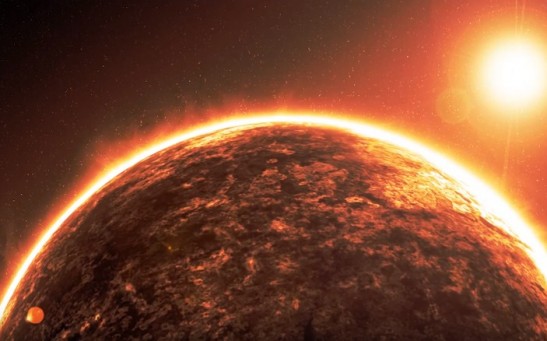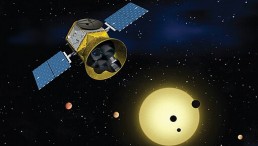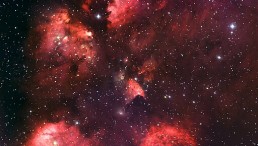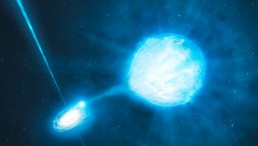sun
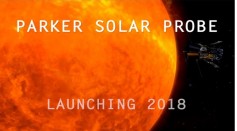
NASA Preparing For The 'Touch The Sun' Exploration Next Year; Mission Aims To Protect Earth From Solar Storms
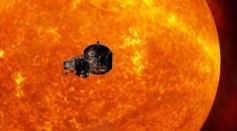
NASA Will Soon Confirm Its First Insane Mission 'to touch the sun' In 2018
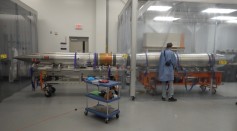
NASA Launches Another Sounding Rocket Carrying Spectrograph For Sun Observation
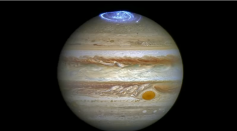
Jupiter's Great Cold Spot Discovered By University Of Leicester Astronomers
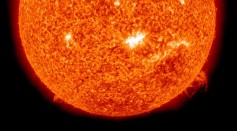
Sun & Climate Change: Scientists Explore The Connection
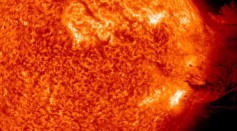
Solar Storms Affect Earth's Atmosphere [WATCH]

NASA Will Do The Impossible – Send Spacecraft, Solar Probe Plus, To Study Sun’s Surface Up Close
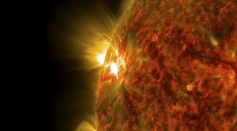
Sun's Superflares Enough To Destroy Modern Civilization

Study Finds Many Sunscreen Products Not Doing Their Job
Astronomers Adopt a Forming Star, Watching it Grow for 18 Years 4200 Light-Years Away
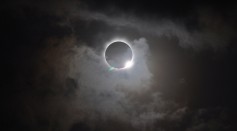
Solar Eclipse Guide March 2015—How To Watch it Tonight From Anywhere on Earth
NASA Receives Proposals for More Solar System Exploration
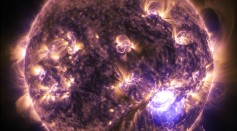
VIDEO: NASA Captures Spectacular Solar Flare Light Display
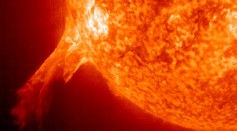
X-Class Solar Flare Headed for Earth: Are We Safe?
Most Popular

Pharaoh's Curse Unlocked? Scientists Claim To Have Cracked the Mystery of What Killed Over 20 People Who Opened the Tomb of King Tut in 1922

Constipation Explained: Here's Why You May Find It Hard To Pass Stool at Times

Alien Life on K2-18b: Planet That Emits Gas Produced Only by Life Sparks Interest Among Astronomers

Weird Animal Diet: 5 Species With Unusual Food Preferences

